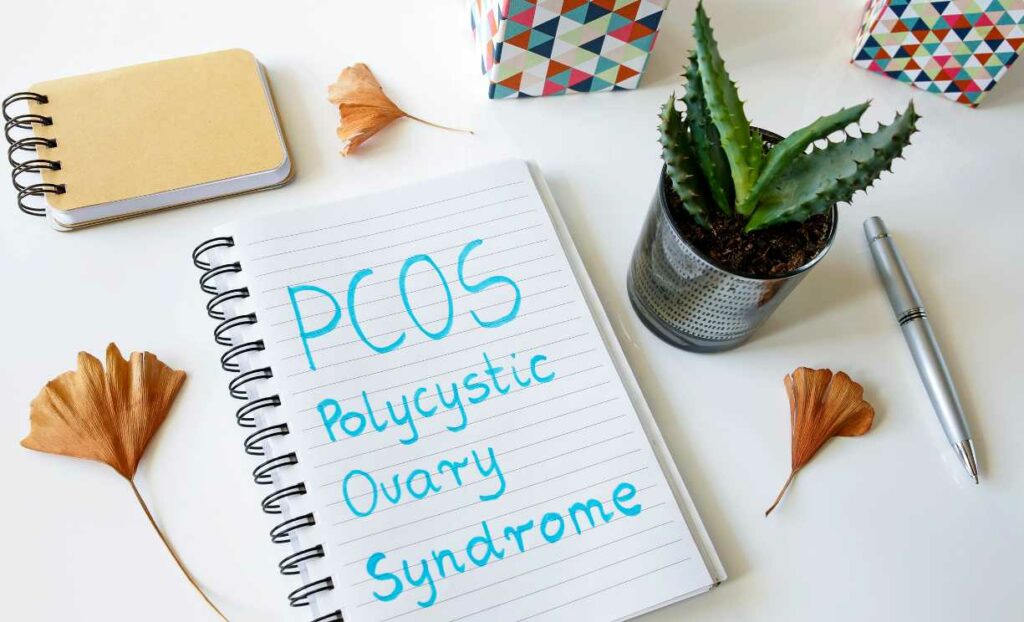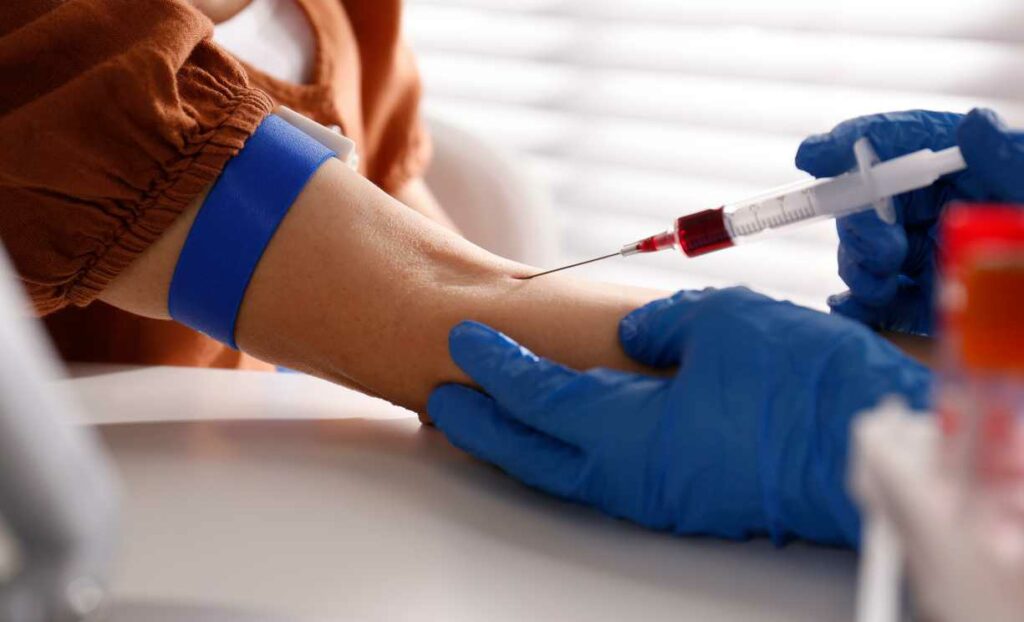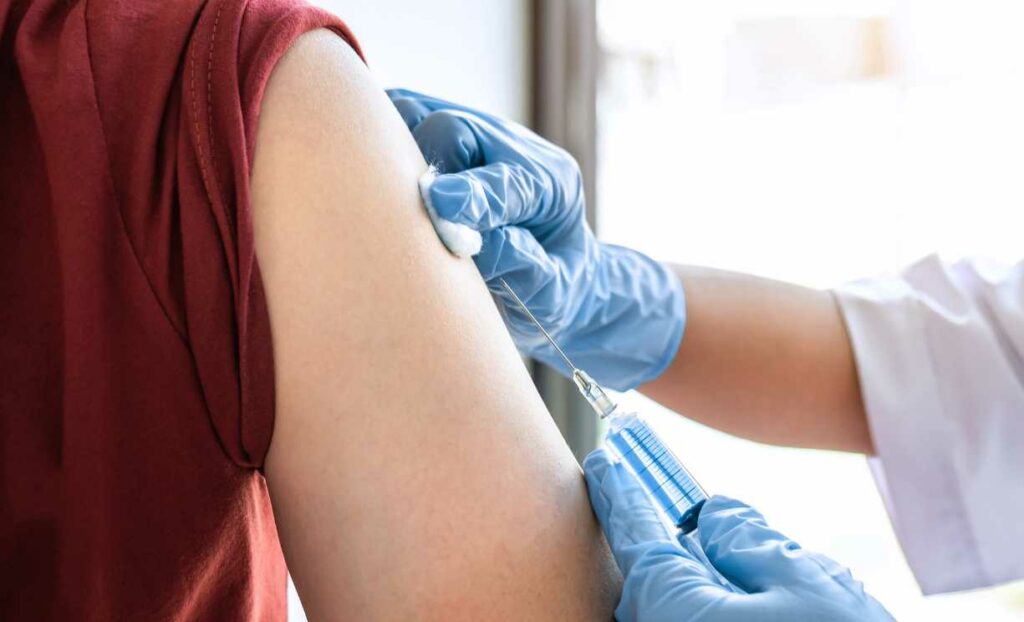Polycystic Ovary Syndrome (PCOS) is a common hormonal disorder that can present a range of challenges for those affected. The good news is that effective treatment strategies are available to manage symptoms and enhance overall well-being. In this blog, we’ll explore comprehensive approaches to PCOS treatment, empowering individuals with valuable insights and strategies.
Contents
What Causes PCOS?
The exact cause of Polycystic Ovary Syndrome (PCOS) is not fully understood, and it likely involves a combination of genetic and environmental factors. Several factors contribute to the development of PCOS:
- Hormonal Imbalances: PCOS is characterized by an imbalance in sex hormones, particularly elevated levels of androgens (male hormones) like testosterone. This hormonal imbalance disrupts the normal functioning of the ovaries.
- Insulin Resistance: Many women with PCOS have insulin resistance, where the body’s cells do not respond effectively to insulin. This leads to increased insulin production, which can contribute to weight gain and higher androgen levels.
- Genetics: There appears to be a genetic component to PCOS. If a close female relative, such as a mother or sister, has PCOS, the risk of developing the condition may be higher.
- Lifestyle Factors: A sedentary lifestyle and poor dietary habits can contribute to obesity, insulin resistance, and hormonal imbalances, exacerbating PCOS symptoms.
- Irregular Fetal Development: Some researchers suggest that exposure to high levels of androgens during fetal development may contribute to the development of PCOS later in life.
- Environmental Factors: Exposure to certain environmental factors, such as endocrine-disrupting chemicals, may influence hormonal balance and contribute to the development of PCOS.
Can PCOS Be Treated?
PCOS (Polycystic Ovary Syndrome) cannot be completely cured, but its symptoms can be effectively managed. PCOS is a hormonal disorder, and while there is no one-size-fits-all solution, various treatments can help control and alleviate its symptoms.
It’s important to note that PCOS is a chronic condition that requires ongoing management. Individuals with PCOS often benefit from a collaborative approach involving healthcare professionals. These professionals include gynecologists, endocrinologists, and nutritionists, to tailor a treatment plan that meets their unique needs. While a complete cure may not be possible, effective management is.
How Is PCOS Diagnosed?
Diagnosing PCOS (Polycystic Ovary Syndrome) involves a comprehensive approach that considers medical history, physical examination, and specific diagnostic tests. Here’s an overview of the steps typically involved in the PCOS diagnosis:
- Medical History and Symptoms: The process often begins with a discussion about your medical history, including menstrual patterns, symptoms like acne or excess hair growth, and any difficulties with weight management.
- Physical Examination: A physical examination may be conducted to assess signs of PCOS, such as examining the skin for acne or excess hair growth and checking for signs of insulin resistance.
- Blood Tests: Blood tests are commonly performed to measure hormone levels, including androgens (such as testosterone), insulin, and other hormones related to ovarian function. Elevated levels of androgens, particularly testosterone, are a sign of PCOS.
- Ultrasound: A pelvic ultrasound may be conducted to examine the ovaries. This imaging test can reveal the presence of multiple small cysts on the ovaries, a characteristic feature of PCOS.
- Exclusion of Other Conditions: To confirm a PCOS diagnosis, ruling out other conditions with similar symptoms, such as thyroid disorders or adrenal gland issues is also important.
- Diagnostic Criteria: The Rotterdam criteria, commonly used for PCOS diagnosis, require the presence of at least two out of three criteria: irregular or absent menstrual cycles, clinical or biochemical signs of hyperandrogenism (elevated androgen levels or symptoms like acne or excess hair growth), and polycystic ovaries identified through ultrasound.
Treatments For PCOS
Treatment for PCOS (Polycystic Ovary Syndrome) aims at managing symptoms and addressing hormonal imbalances. These interventions are typically specific to the individual’s needs and may include:
- Oral Contraceptives: Birth control pills regulate menstrual cycles, reduce androgen levels, and improve symptoms like acne and hirsutism (excess hair growth).
- Anti-Androgen Medications: Medications such as spironolactone can block the effects of androgens, addressing symptoms like acne and excess hair growth.
- Insulin-Sensitizing Medications: Metformin is commonly prescribed to improve insulin sensitivity, helping manage insulin resistance often associated with PCOS.
- Fertility Medications: Clomiphene and letrozole are medications that stimulate ovulation and doctors may prescribe these to women who are trying to conceive.
- Weight Management Medications: In some cases, medications designed to assist with weight management may be considered to address obesity-related aspects of PCOS.
- Gonadotropin Injections: For individuals undergoing fertility treatments, their healthcare provider may use injections of gonadotropins to stimulate the ovaries.
- Topical Treatments for Skin Issues: Dermatological interventions, including topical treatments, can address skin issues like acne and excess hair growth.
It’s important to note that the choice of medical interventions depends on the specific symptoms and health goals of the individual. Additionally, these interventions usually work in combination, and the treatment plan may evolve over time. The plan is based on the individual’s response and changing health needs.
Lifestyle Modifications To Manage PCOS
In addition to PCOS treatment, lifestyle modifications play a crucial role in managing PCOS (Polycystic Ovary Syndrome) and can significantly improve symptoms and overall well-being. Here are key lifestyle changes that individuals with PCOS may consider:
- Balanced Diet: Embrace a balanced diet rich in fruits, vegetables, whole grains, and lean proteins. Limit processed foods, sugars, and refined carbohydrates, as they can contribute to insulin resistance.
- Regular Exercise: Engage in regular physical activity, incorporating both aerobic exercises (like walking or jogging) and strength training. Aim for at least 150 minutes of moderate-intensity exercise per week.
- Weight Management: Achieve and maintain a healthy weight. Even a modest weight loss can improve symptoms and hormonal balance. Consult with a healthcare provider or a nutritionist to develop a sustainable weight management plan.
- Hydration: Stay well-hydrated by drinking plenty of water throughout the day.
- Adequate Sleep: Establish a consistent sleep schedule and aim for 7-9 hours of quality sleep each night. Create a calming bedtime routine to promote better sleep.
- Stress Management: Practice stress-reducing techniques such as deep breathing, meditation, or yoga. Identify and manage sources of stress, as chronic stress can exacerbate PCOS symptoms.
- Regular Check-ups: Schedule regular check-ups with your healthcare provider to monitor overall health and address any emerging concerns. Discuss your PCOS management plan and make adjustments as needed.
- Mindful Eating: Practice mindful eating by paying attention to hunger and fullness cues. Avoid skipping meals, and consider smaller, more frequent meals throughout the day.
- Fiber-Rich Foods: Include fiber-rich foods in your diet, such as whole grains, legumes, and vegetables. Fiber helps regulate blood sugar levels and promotes a feeling of fullness.
- Limit Caffeine and Alcohol: Moderate the intake of caffeine and alcohol, as excessive consumption can impact hormone levels.
Conclusion
In conclusion, navigating the landscape of PCOS treatment involves a multifaceted approach that acknowledges the uniqueness of each individual’s experience. While there might not be a one-size-fits-all solution or a complete cure for PCOS, the available treatments empower individuals to manage symptoms effectively and enhance their overall well-being. From lifestyle modifications to medical interventions like oral contraceptives and insulin-sensitizing medications, the key lies in personalized care.
If you or someone you know is grappling with PCOS, seeking treatment and guidance from healthcare experts will pave the way for a more empowered and wellness-driven future.




